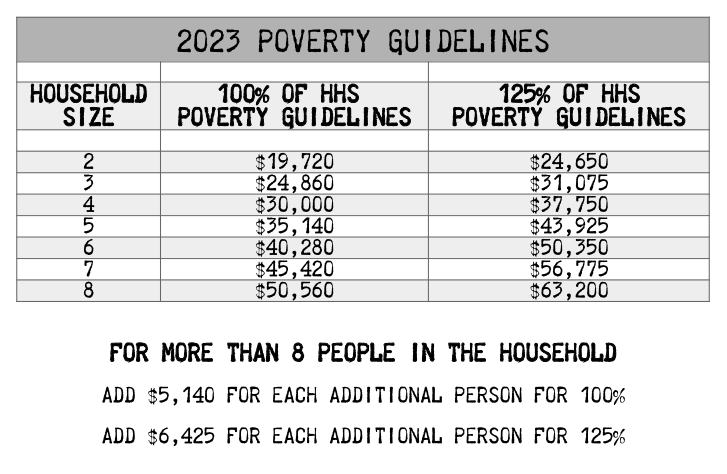Religious Worker (R Visa) Info & Answers to Frequently Asked Questions June 20, 2023REFERENCEU VisaCourtICEEOIR/Immigration CourtU VisaR VisaDHSonlineTools [ez-toc][ez-toc] Legal Authorities For A Religious Worker INA 101(a)(27)(C) – Certain ministers and religious workers INA 203(b)(4) – Certain special immigrants INA 245; 8 CFR 245 – Adjustment of status of nonimmigrant to that of person admitted for permanent residence 8 CFR 204.5(m) – Religious workers Form I-360 Eligibility Requirements For a Religious Worker Religious Worker Adjustment of Status Eligibility Requirements The applicant has been inspected and admitted or inspected and paroled into the United States. The applicant is physically present in the United States at the time of filing and adjudication of an adjustment application. The applicant is eligible to receive an immigrant visa because the applicant is the beneficiary of an approved Form I-360 classifying him or her as a special immigrant religious worker.[8] The applicant had an immigrant visa immediately available when he or she filed the adjustment of status application[9] and at the time of final adjudication.[10] The applicant is not subject to any applicable bars to adjustment of status.[11] The applicant is admissible to the United States or eligible for a waiver of inadmissibility or other form of relief.[12] The applicant merits the favorable exercise of discretion. Documentation and Evidence An applicant should submit the following documentation to adjust status as a religious worker: Application to Register Permanent Residence or Adjust Status (Form I-485), with the correct fee; Copy of the Approval Notice (Form I-797) for the principal applicant’s special immigrant religious worker petition;[27] Employment letter from the applicant’s Form I-360 employer-petitioner;[28] Two passport-style photographs; Copy of government-issued identity document with photograph; Copy of birth certificate; Copy of passport page with nonimmigrant visa (if applicable); Copy of passport page with admission or parole stamp (if applicable); Copy of Arrival/Departure Record (Form I-94) or copy of U.S. Customs and Border Protection (CBP) admission or parole stamp on the travel document (if applicable);[29] Evidence of continuously maintaining a lawful status since arrival in the United States; Any other evidence, as needed, to show that an adjustment bar does not apply or that the applicant qualifies for an exemption;[30] Report of Immigration Medical Examination and Vaccination Record (Form I-693);[31] Certified police and court records of criminal charges, arrests, or convictions (if applicable); Application for Waiver of Grounds of Inadmissibility (Form I-601) or other form of relief (if applicable); and Documentation of past or present J-1 or J-2 nonimmigrant status, including proof of compliance with or waiver of the 2-year foreign residence requirement under INA 212(e) (if applicable). In addition, a spouse or child who is filing as a derivative applicant should submit the following: Copy of documentation showing relationship to the principal applicant, such as a marriage certificate or adoption decree (if applicable); Copy of approval notice (Form I-797) for the principal applicant’s Form I-360; and Copy of the approval or receipt notice (Form I-797) for the principal applicant’s Form I-485 or a copy of the principal applicant’s permanent resident card (Form I-551), (if applicable and not filing together with the principal applicant). Additional Information Bars to Adjustment Unless exempt, religious workers and their derivatives are ineligible for adjustment of status if any of the bars to adjustment of status apply. Religious workers and their derivatives may be exempt under INA 245(k) from some of the bars to adjustment. To qualify for an exemption, the applicant must not have accrued more than 180 days of certain immigration violations since his or her last lawful admission. If the applicant does not qualify for the exemption, then the applicant remains subject to the adjustment bars. Sunset Date Except for ministers, all other religious workers and their derivatives must adjust to LPR status on or before the designated sunset date.[from USCIS] USCIS denies any adjustment applications based on special immigrant religious worker petitions (other than for ministers) that are pending or filed after the designated sunset date. Treatment of Family Members The spouse or child (unmarried and under 21 years of age) of a religious worker may accompany or follow-to-join the principal applicant if the spouse or child is otherwise eligible.[USCIS Policy Manual] The spouse and child may, as derivative applicants, apply to adjust status under the same immigrant category and priority date as the principal applicant. See FAQ Knowledge Base Previous PostNext Post No one has any comments on Religious Worker (R Visa) Info & Answers to Frequently Asked Questions Leave A Comment (or don't) cancel Logged in as newyorkvisalawyer_o0id8f. Log out » Name Email Matter of Garcia, 28 I&N Dec. 693 (BIA 2023) : June 22, 2023 :10:34 pm:BIA DECISIONEOIR/Immigration Court :2023BIACASE LAWCourt Matter of Read More June 22, 2023 BIA DECISION, EOIR/Immigration Court 2023, BIA, CASE LAW, Court Religious Worker (R Visa) Info & Answers to Frequently Asked Questions June 20, 2023REFERENCEU VisaCourtICEEOIR/Immigration CourtU VisaR VisaDHSonlineTools Religious Worker (R Visa) Info Read More June 20, 2023 USCIS FAQ, R Visa, USCIS ICE online change of address tool for noncitizens fully operational (June 13, 2023) New tool offers convenient, reliable option for noncitizens to update address information Read More June 14, 2023 Court, EOIR/Immigration Court, ICE 2023, Court, DHS, EOIR, ICE, online, Tools, UPDATE COVID-19 VACCINE REQUIREMENTS FOR VISA As of May 12, 2023, the COVID-19 Vaccination Requirement has been updated. Read More June 5, 2023 Uncategorized 1 2 3 Next Post ›



